Welcome to Lovevery’s Disability Support Service
Lovevery’s mission is to empower parents, inspire children, and create brighter futures through support, guidance, and fun. Our evidence and research-backed approach supports cognitive, social-emotional, fine motor, gross motor, communication, and practical life skills—all through the joy of play.
Currently, Lovevery’s Play Kits follow a traditional developmental trajectory based on averages; however, we recognize that each child has their own unique timeline. In recognition of such developmental diversity, the Disability Support Service helps ensure that children of all abilities benefit from the Lovevery program.
This service is available at no additional cost or obligation to you. Contact our Disability Support Team to get personalized recommendations: support.specialist@lovevery.com
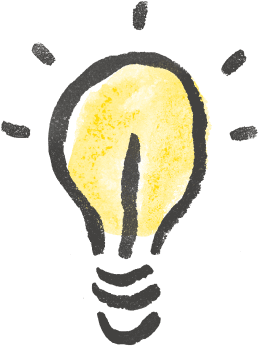
Lovevery's Disability Support Service is for Lovevery families who have children with disabilities, neurodivergence, learning exceptionalities, or were born prematurely. Parents and caregivers with disabilities are also welcome to speak with our specialists. All guidance is informed by our team of Lovevery Experts and the Disability Expert Council.
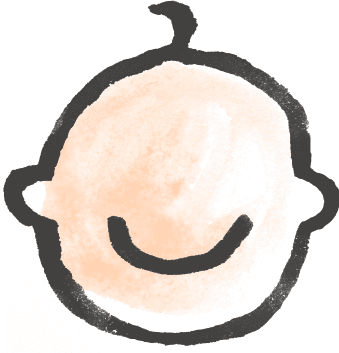
A Disability Support Specialist will work one-on-one with your family to learn about your child’s interests, skills, and learning goals, and will help you understand how the Lovevery program can best meet your child’s individual abilities. They can also connect you with our Lovevery Experts to provide activity suggestions focused on specific areas of development.
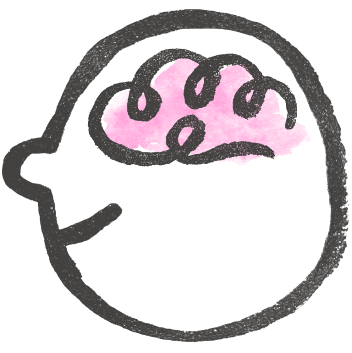
We can help you choose your preferred Play Kit and customize your subscription schedule to best match your child’s development and interests. Please reach out to our team at support.specialist@Lovevery.com if you have any specific questions regarding customizations for your child.
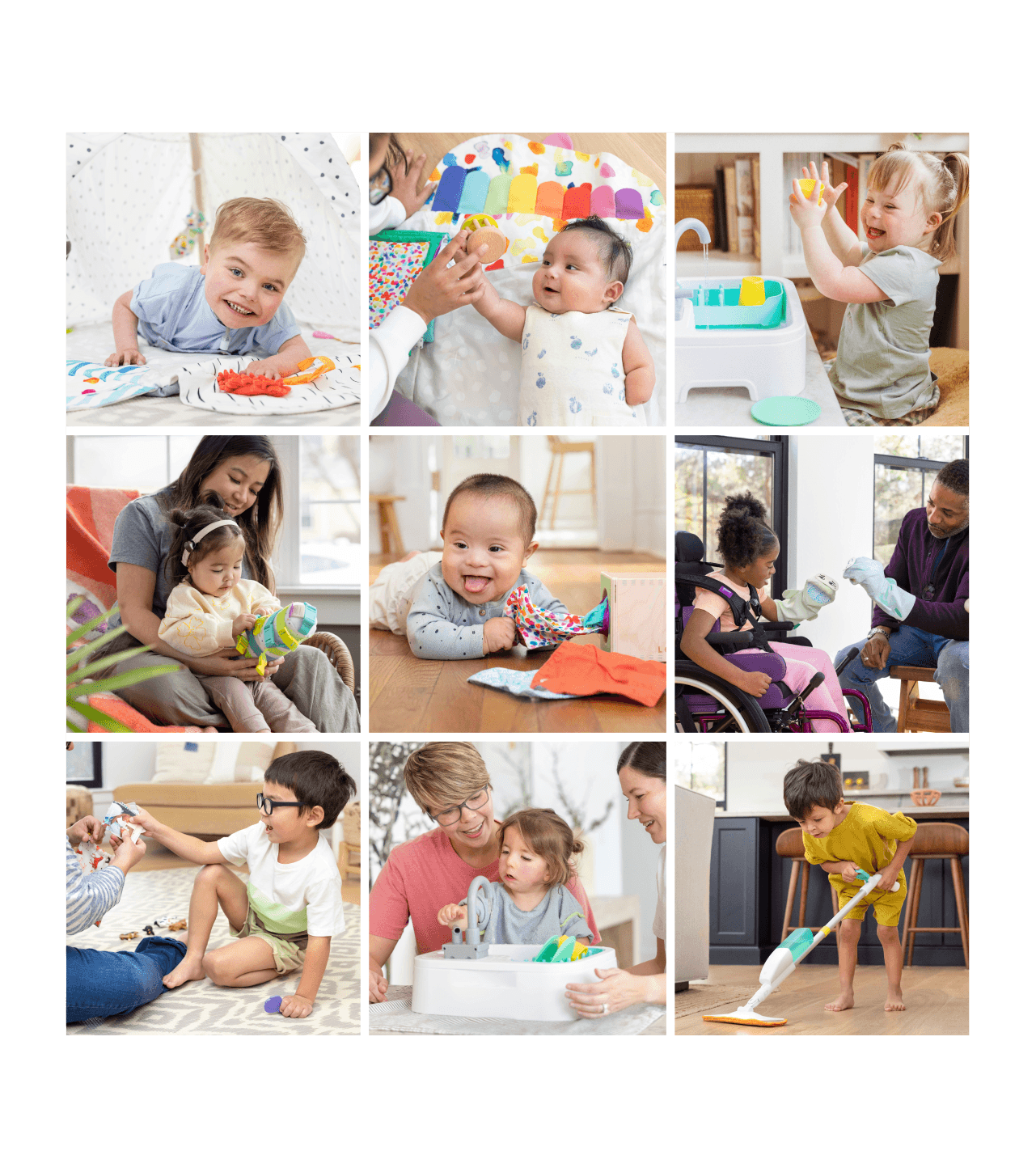
We're here to help
Our Disability Support Service connects you with a team who understands child development—and who knows Lovevery’s offerings inside out. By providing inclusive personalized guidance, they can help you choose the best-matched Play Kits and caregiver learning resources to support your child.
Connect with Lovevery’s Disability Support Service
Help our Disability Support Specialist get to know your child’s developmental timeline and interests better by emailing support.specialist@lovevery.com. You can expect to hear from them within 2 weeks.
In your email, please include the following information:
Your first and last name
The country where you live
Your child’s name
Your child’s birth date
Your child’s due date (If your child’s birth date varied 2+ weeks from their due date, please include this additional information)
What your child seems interested in playing with
Specific skills you are currently working on developing with them
How your little one communicates with you (facial expressions, babbling, vocalizing words, AAC, sign language, gestures, etc.)
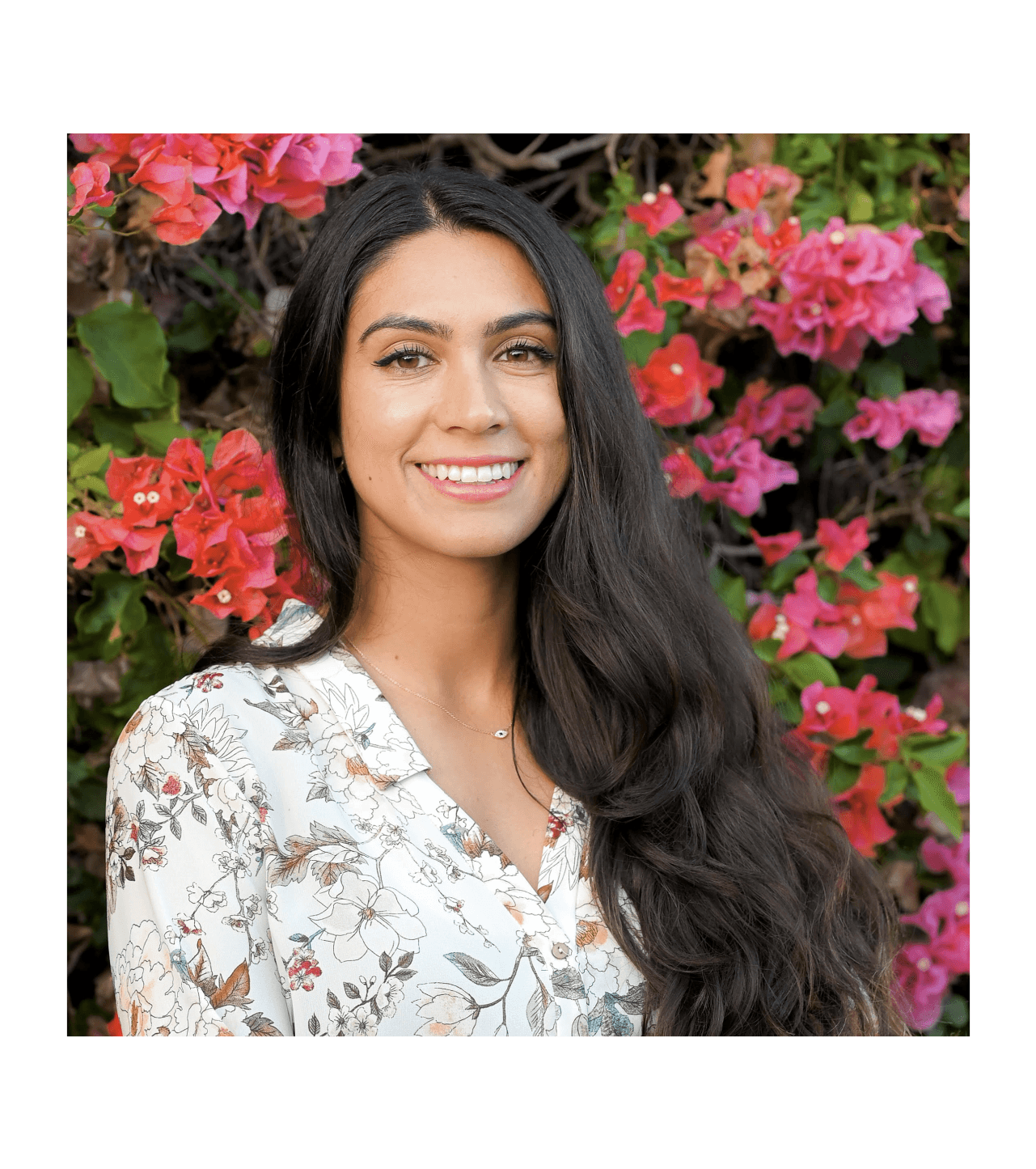
Meet Lovevery's Lead Disability Support Specialist
Maral Amani
Dr. Maral Amani, PT, DPT, is a licensed pediatric doctor of physical therapy who is certified in early intervention (children 0-3 years old). She is a play-based therapist who is passionate about supporting children with disabilities, delays, and neurodivergence through family-centered care.
The Disability Support Team will work with you to help you find Lovevery play essentials that meet your child’s individual needs. You can contact them by emailing support.specialist@lovevery.com
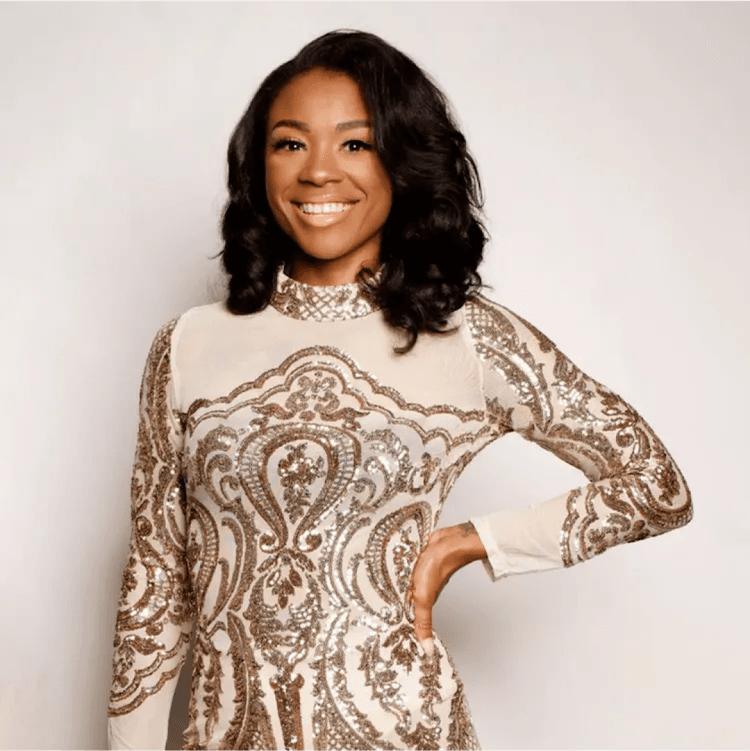
Destini Ann
Destini Ann is a compassionate and relatable source for navigating child-rearing. She takes the psychology of parenting and turns it into fun, digestible content for her community.
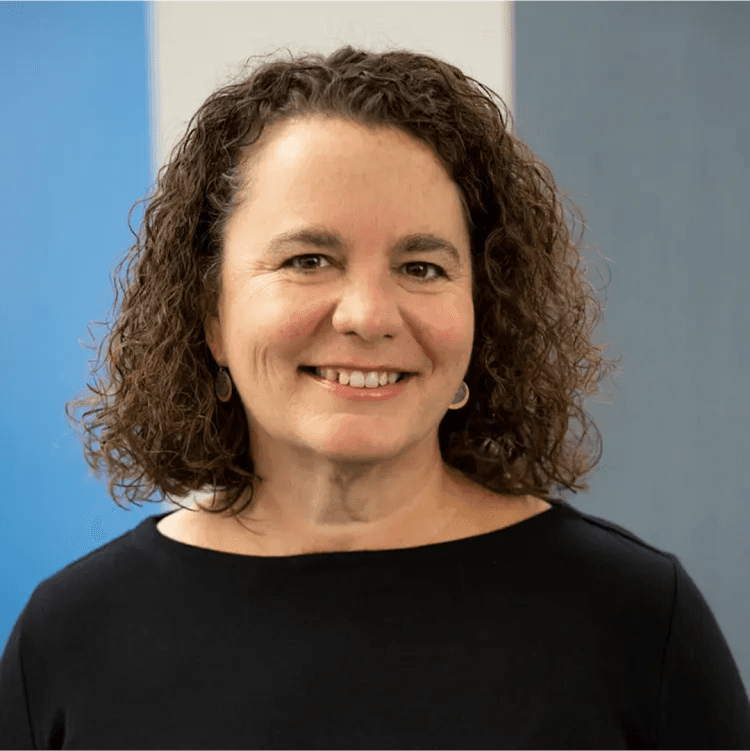
Dr. Kate Barrett
Dr. Kate Barrett is an Associate Professor and the Founding Program Director of the Master’s of Occupational Therapy at DePaul University in Chicago, IL.
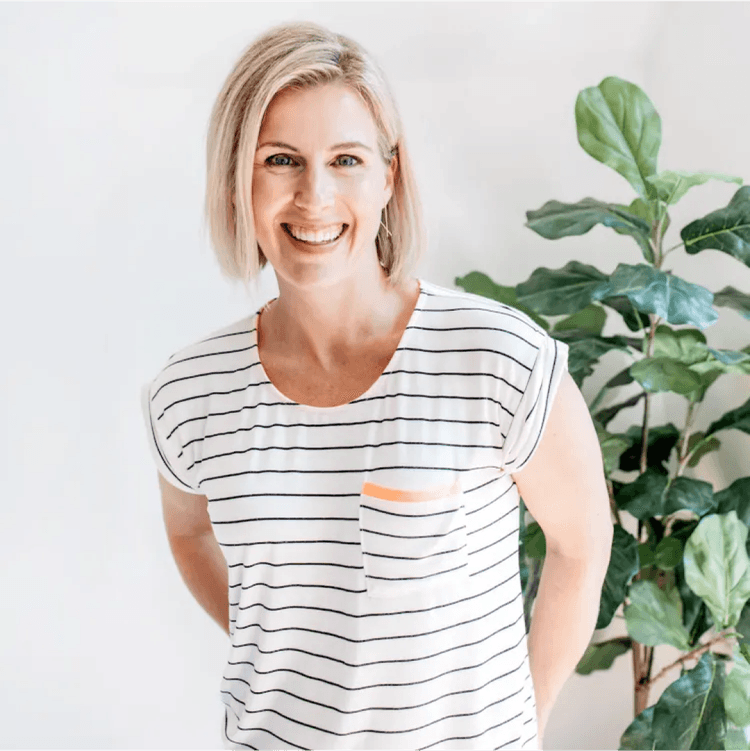
Rachel Coley, MS, OT/L
Rachel Coley, MS, OT/L is a Pediatric Occupational Therapist, teacher, mom of 3 children with diverse neurologies, Albert Schweitzer Fellow, and self-described “total child-development nerd.”
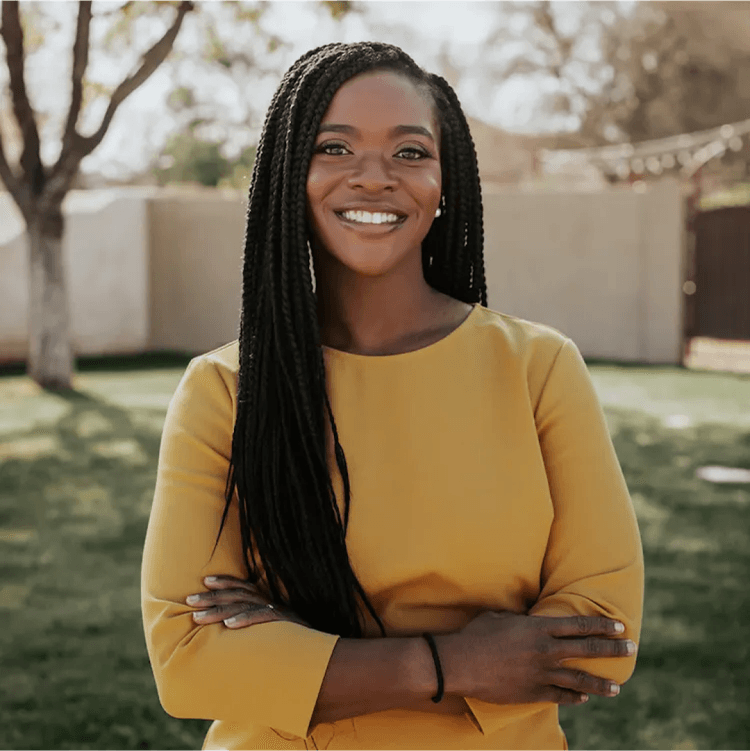
Germaine Graham
Germaine Graham is an ASL-fluent speech-language pathologist with more than 10 years of experience and passionate about ending language deprivation among Deaf and Hard of Hearing children.
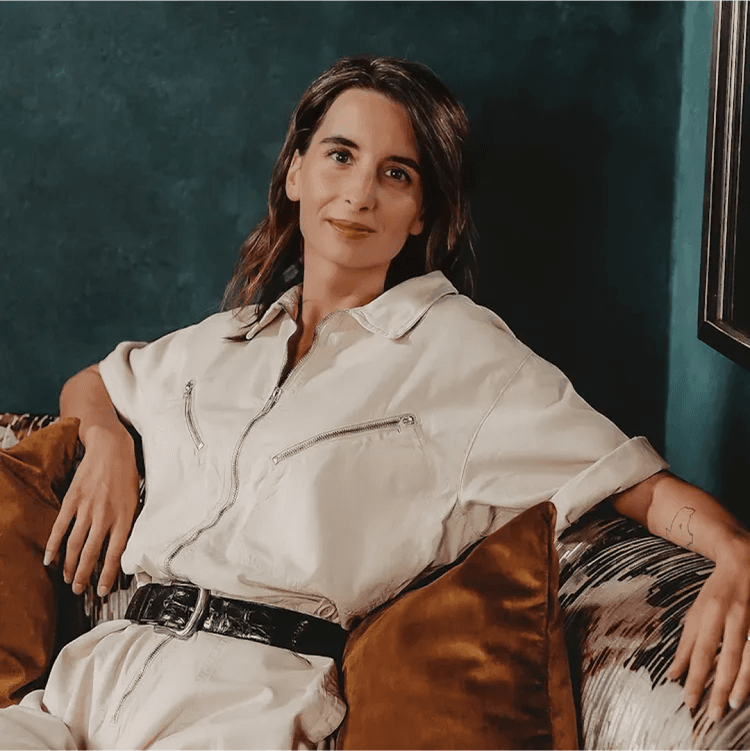
Eileen Lamb
Eileen Lamb is the mom behind the blog “The Autism Cafe” and author of two books, “All Across The Spectrum” and “Be The One."
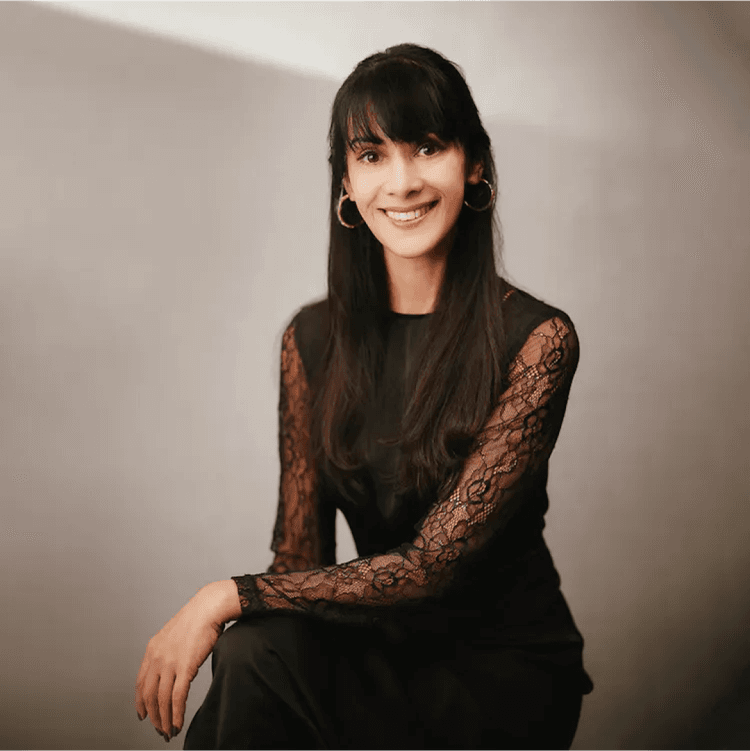
Dr. Fiona Moola
Dr. Fiona Moola is an Assistant Professor with decades of research experience with children of disabilities and their families.
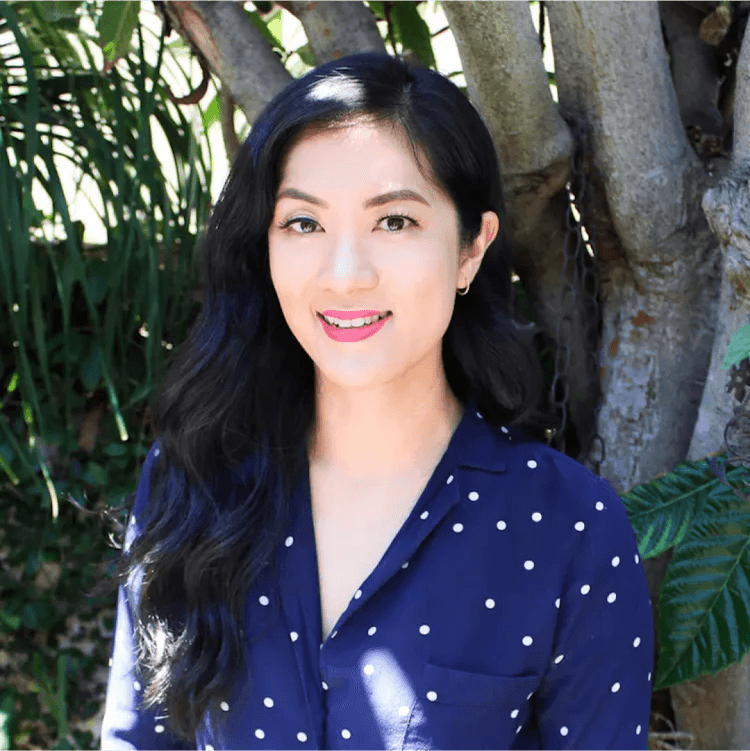
Dr. Vivian Oberling
Dr. Vivian Oberling is a clinical psychologist with expertise in clinical treatment and assessment, especially with neurodiverse kids and adolescents, and a founding member at Pace Groups.
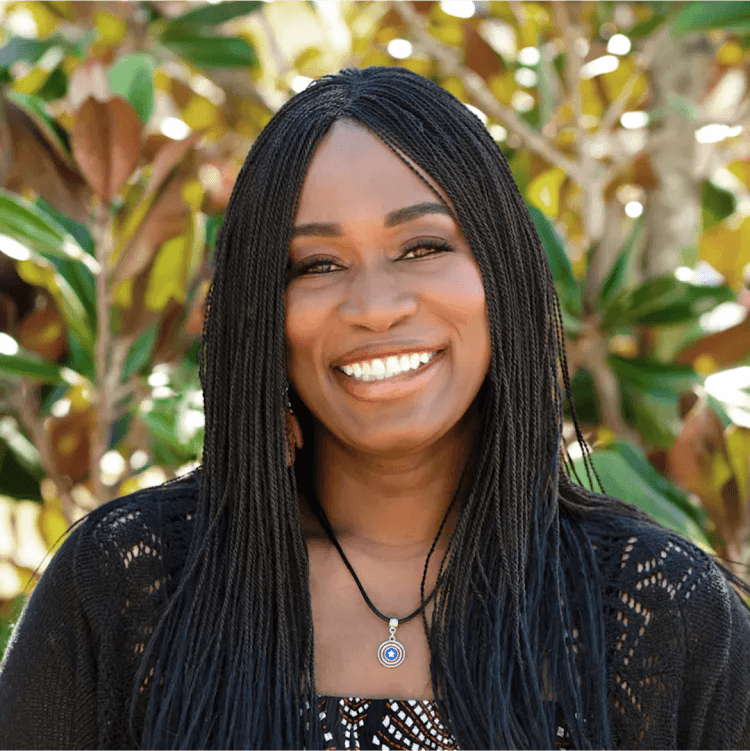
Morénike Giwa Onaiwu, Ph.D.
Morénike Giwa Onaiwu, PhD, is a global self-advocate, educator, parent and disabled person of color in a neurodiverse, multicultural, serodifferent family.
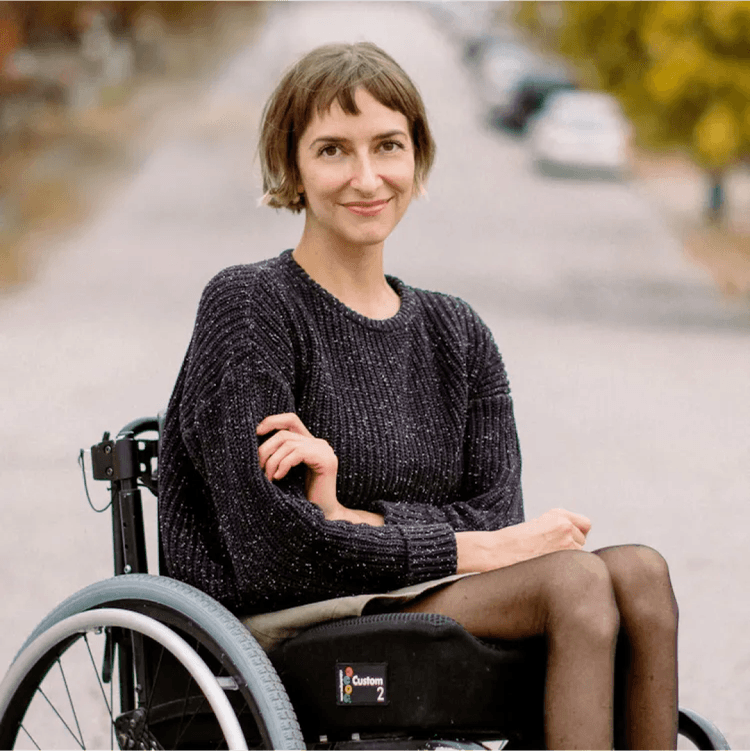
Rebekah Taussig, Ph.D.
Rebekah Taussig is a Kansas City author, educator, and parent with a doctorate in Creative Nonfiction and Disability Studies. She strives to tell stories that enhance and explore the way we think about disability.
Hear from real Lovevery families
“Thank you so much for this Play Guide! Every activity sounds perfect for Talia to build her strength and skills. I would have never thought of using the Kits in the way you are suggesting. Thank you again from the bottom of our hearts for the help.”
Michele L. | New York, NY
“The help and advice that I received was very good and well said. I could tell that it was an actual professional from the specific questions they asked to really gauge where my son was and determine which Kit would be right for him in his special case.”
Kieshayla T. | Marshall, MN
“Maral took her time getting to know my daughter's strengths and goals, then prepared a play-based program. I love how accessible Maral was and how she approached my daughter through a strength-based lens instead of a deficit way of thinking.”
Amina D. | Ontario, CA